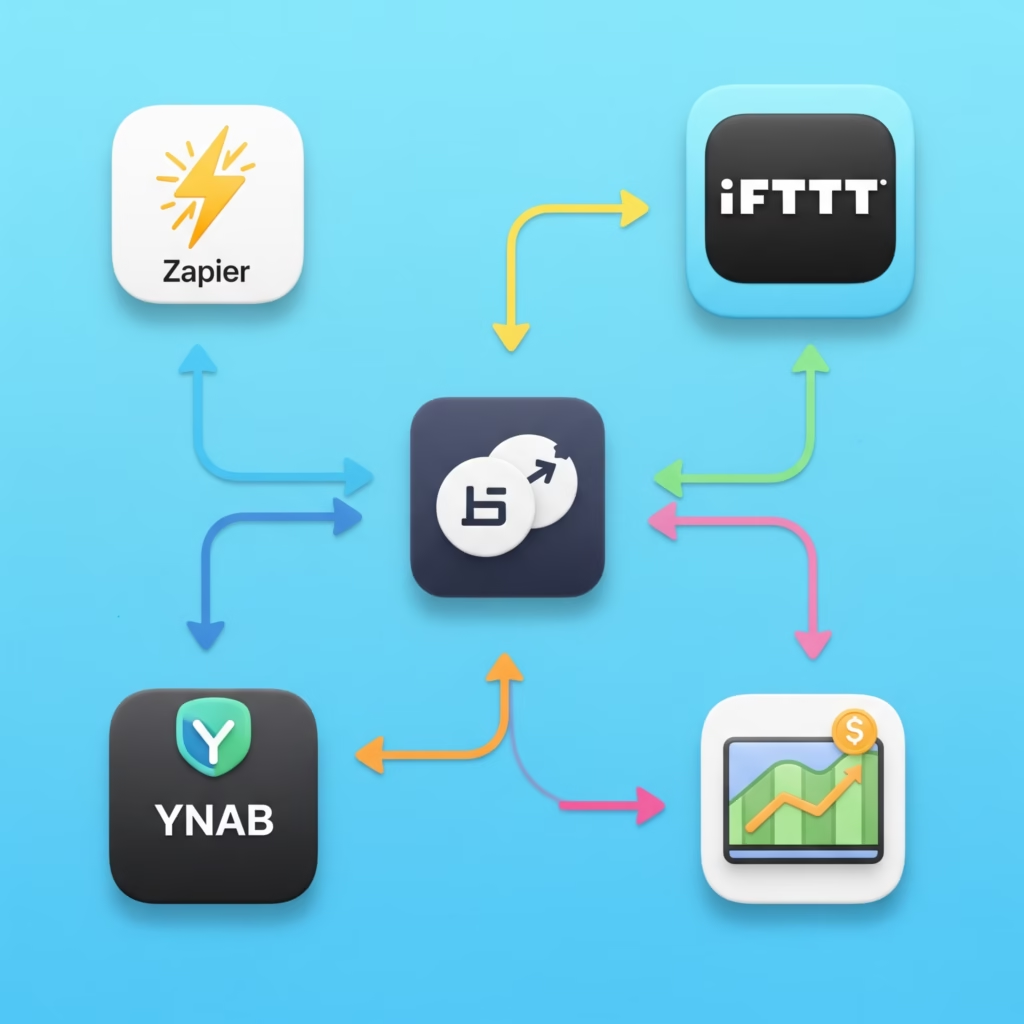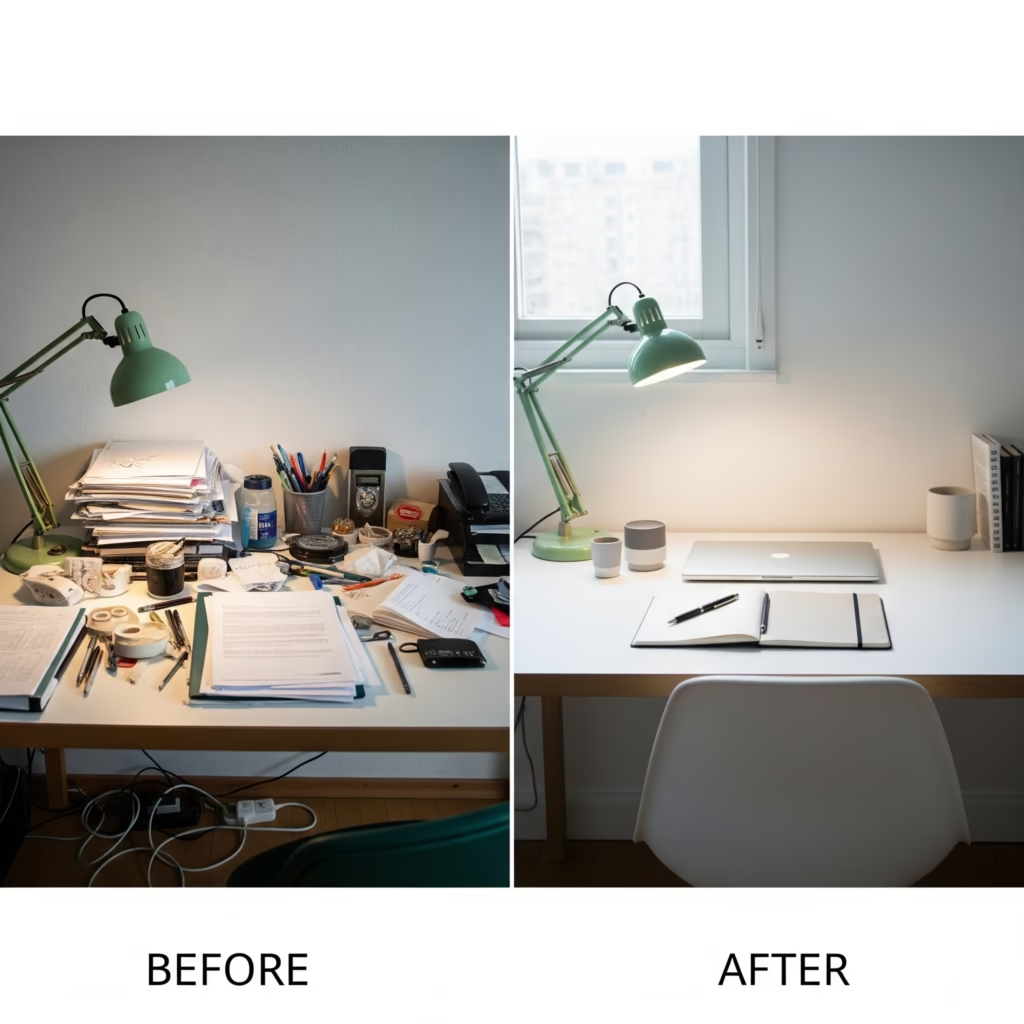Let’s be real—most of us are just trying to make it through the week without burning toast, missing a deadline, or accidentally binge-watching three hours of a show we “weren’t even that into.” Life’s a lot, and it’s not slowing down anytime soon. But what if, instead of chasing productivity like it’s a squirrel on espresso, we learned to optimize how we live—quietly, efficiently, and in a way that doesn’t feel like a chore?
Here’s the thing: optimizing life isn’t about doing more. It’s about doing better with what’s already on your plate. And believe it or not, most of the hacks that actually work? They’re surprisingly simple.
1. Start With Energy, Not Time

Everyone talks about time management like it’s the holy grail. But let’s flip that a bit. What if it’s not about how much time you have, but how much energy you can bring?
Think about it: two hours of work at peak focus beats four hours of zombie-brained multitasking.
So instead of color-coding every hour of your calendar, try this:
- Notice when you naturally feel sharp (for a lot of people, it’s around mid-morning).
- Schedule cognitively heavy tasks then—writing, planning, strategic thinking.
- Push the lower-lift stuff (emails, errands, admin junk) to your dips.
It’s not rocket science. It’s just rhythm. And coffee helps, sure—but sleep, hydration, and getting some actual sunlight matter even more. Vitamin D isn’t just a wellness buzzword; it’s like a cheat code for your mitochondria.
2. Cut the Decision Fat

Ever feel exhausted before noon hits, and you’ve barely even done anything? Yeah, that’s decision fatigue kicking in.
Here’s how it works: every small choice (What should I wear? Should I check Slack? Eggs or oatmeal?) eats away at your willpower reserves. And by the time you need to make a real decision—like whether to push a project or speak up in a meeting—you’re running on fumes.
Quick fix? Cut down the fluff:
- Eat similar breakfasts during the week. (Boring? Maybe. Effective? Absolutely.)
- Use one app for task capture—don’t scatter them across sticky notes, Notion, and your forehead.
- Make fewer—but better—choices about what not to do.
You’re not being lazy. You’re being smart about where your brain goes. That’s strategy, not surrender.
3. The Two-Minute Rule That’s Stupidly Effective

Got a task that takes under two minutes? Just do it—right then and there.
Don’t write it down. Don’t “save it for later.” That email, dish in the sink, or “remind me to” moment—knock it out.
It sounds small. And honestly, it is. But string enough of those together, and your mental clutter clears like fog on a hot windshield.
Plus, it builds momentum. Getting little things done makes you feel capable. Feeling capable makes you do bigger things. That’s how you build upward spirals.
4. Batch Like a Baker

There’s this thing your brain hates: switching. Every time you jump from writing a report to checking Instagram to reading a Slack ping, your brain scrambles to reorient. It’s like asking your computer to open 47 tabs while streaming video—eventually, it just… lags.
The fix? Batch similar tasks together. Then, wall them off with focused time.
- Check emails twice a day, not every 15 minutes.
- If you’re making calls, line them up like dominos—get in the zone and knock ’em down.
- Create “deep work blocks” where nobody bothers you. (Yes, that includes muting group chats that send memes at 2 PM. We love them, but not now.)
Your focus has a rhythm. Stop interrupting the beat.
5. The Digital Sabbath (or at Least a Digital Coffee Break)

Okay, this might sting a bit—but the constant scroll? It’s cooking your attention span.
We’re not saying go full monk mode. But even one tech-free hour a day—or half a day each weekend—can reboot your brain in ways that feel borderline magical.
- Read a paper book. Touch pages.
- Go for a walk without your phone. Listen to birds. Or traffic. Whatever.
- Let yourself be bored for five whole minutes.
Silence isn’t wasted time. It’s where ideas stretch their legs.
6. Automate the Boring Stuff

Some tasks are just… ugh. Necessary, but dull. Bills. Refills. Password resets.
But here’s where modern tech gives you a high-five: automation.
Use tools like:
- IFTTT or Zapier to auto-send files, sync calendars, or move emails.
- YNAB or PocketSmith for smarter budgeting (and fewer “oops” overdrafts).
- Smart refill subscriptions for stuff you always forget—like filters, vitamins, or, let’s be honest, toilet paper.
You only need to set it once. After that? One less brain-tab open.
7. Set “Minimum Viable Habits”

Ambition is cool. But discipline plus grace? That’s cooler.
So instead of saying “I’ll run five miles every morning and journal for an hour,” try minimum viable habits. They’re like tiny promises to yourself—ridiculously doable, and weirdly effective.
Examples?
- Do one push-up. (Yes, just one.)
- Write three sentences in your journal.
- Meditate for 30 seconds.
Half the time, you’ll end up doing more anyway. But the win is this: you stayed consistent. And consistency trumps intensity every single time.
8. Tidy Your Spaces—Just a Bit

Messy desk, messy mind? Yeah, maybe. But we’re not aiming for Instagram-aesthetic minimalism here.
We’re talking about micro-tidying.
- Clear your desk before you shut your laptop for the day.
- Make your bed first thing. (It sounds cheesy, but there’s science behind the psychological boost.)
- Keep one surface—just one—in your home totally clutter-free.
You’re not Marie Kondo-ing your entire life. You’re just giving yourself a little breathing room. And sometimes, that’s everything.
Final Thought: It’s Not About Perfection
Look, optimizing your life doesn’t mean becoming a robot—or pretending you always drink enough water or never binge on peanut butter straight from the jar (guilty). It’s about creating systems that quietly support you when motivation taps out.
It’s less about doing more. More about feeling less frazzled. And that’s the real win.
So, pick one hack. Try it. Tweak it. Make it yours.
Honestly? That’s where the magic happens.







